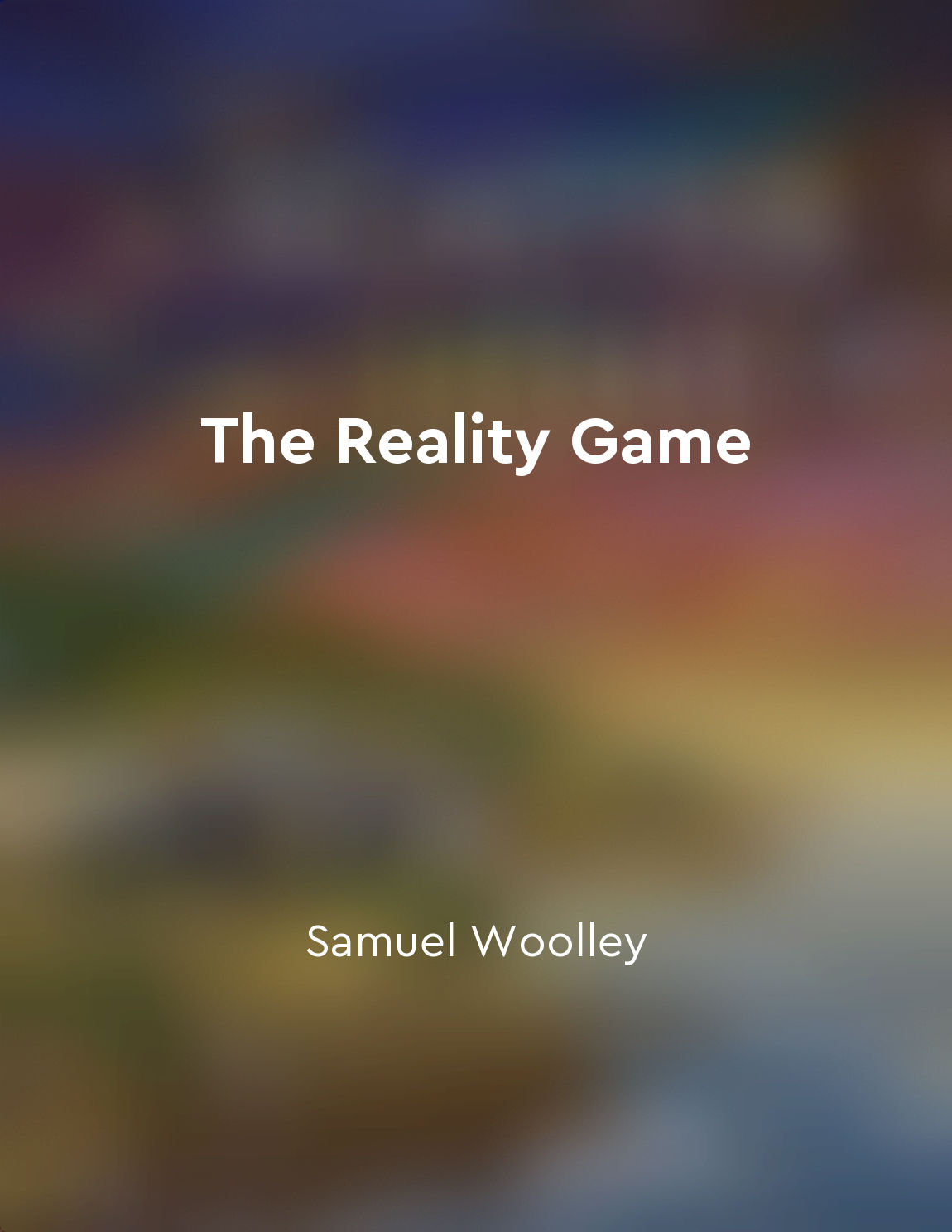Sharing and protecting research findings from "summary" of The Double Helix by James D. Watson
As scientists, our primary goal is to advance knowledge by sharing and protecting our research findings. This delicate balance between openness and secrecy is essential in the competitive world of scientific discovery. On one hand, sharing our data and results with the scientific community allows for collaboration, scrutiny, and further exploration of our findings. It fosters an environment of collective learning and growth, where ideas can be exchanged and built upon to push the boundaries of human knowledge. However, the reality is that not all researchers are altruistic in their pursuits. The competitive nature of scientific research often leads to a culture of secrecy and protectionism, where individuals guard their findings like treasures to be hoarded. This can hinder progress and stifle innovation, as valuable information is kept under lock and key rather than being shared for the greater good. In this cutthroat environment, the line between sharing and protecting research findings becomes blurred, and ethical considerations are sometimes sacrificed in the name of personal gain. In my own experience, I have witnessed firsthand the complexities of this issue. When my colleague Maurice Wilkins shared his data with me, he did so under the assumption that I would keep it confidential. However, I ultimately used that information to make a breakthrough in our research on the structure of DNA. While this decision undoubtedly propelled our work forward, it also strained my relationship with Wilkins and raised questions about the ethics of sharing confidential information for personal gain. As scientists, we must navigate this ethical minefield with care and consideration. We must strike a balance between the need for openness and collaboration and the imperative to protect our intellectual property. By finding common ground and establishing clear guidelines for sharing and protecting research findings, we can create a culture of transparency and integrity that fosters scientific progress for the benefit of all.Similar Posts
The Cuban Missile Crisis heightened tensions between the US and USSR
The Cuban Missile Crisis was a pivotal moment in the Cold War between the United States and the Soviet Union. It began when Ame...
Beard's personal life is a mess
Michael Beard's personal life is a tangle of messy relationships and unresolved issues that seem to follow him wherever he goes...

Civil society has a role to play in promoting information integrity
Civil society is essential in the fight to ensure that information integrity is preserved. With the rise of misinformation and ...
Mental health is essential for overall wellbeing
The mind is the most delicate and complex part of human beings. It is the seat of intelligence, emotions, and consciousness. Th...
Scientists credited HeLa cells with numerous medical breakthroughs
HeLa cells have played a crucial role in numerous medical breakthroughs. These cells were the first human cells to be successfu...
